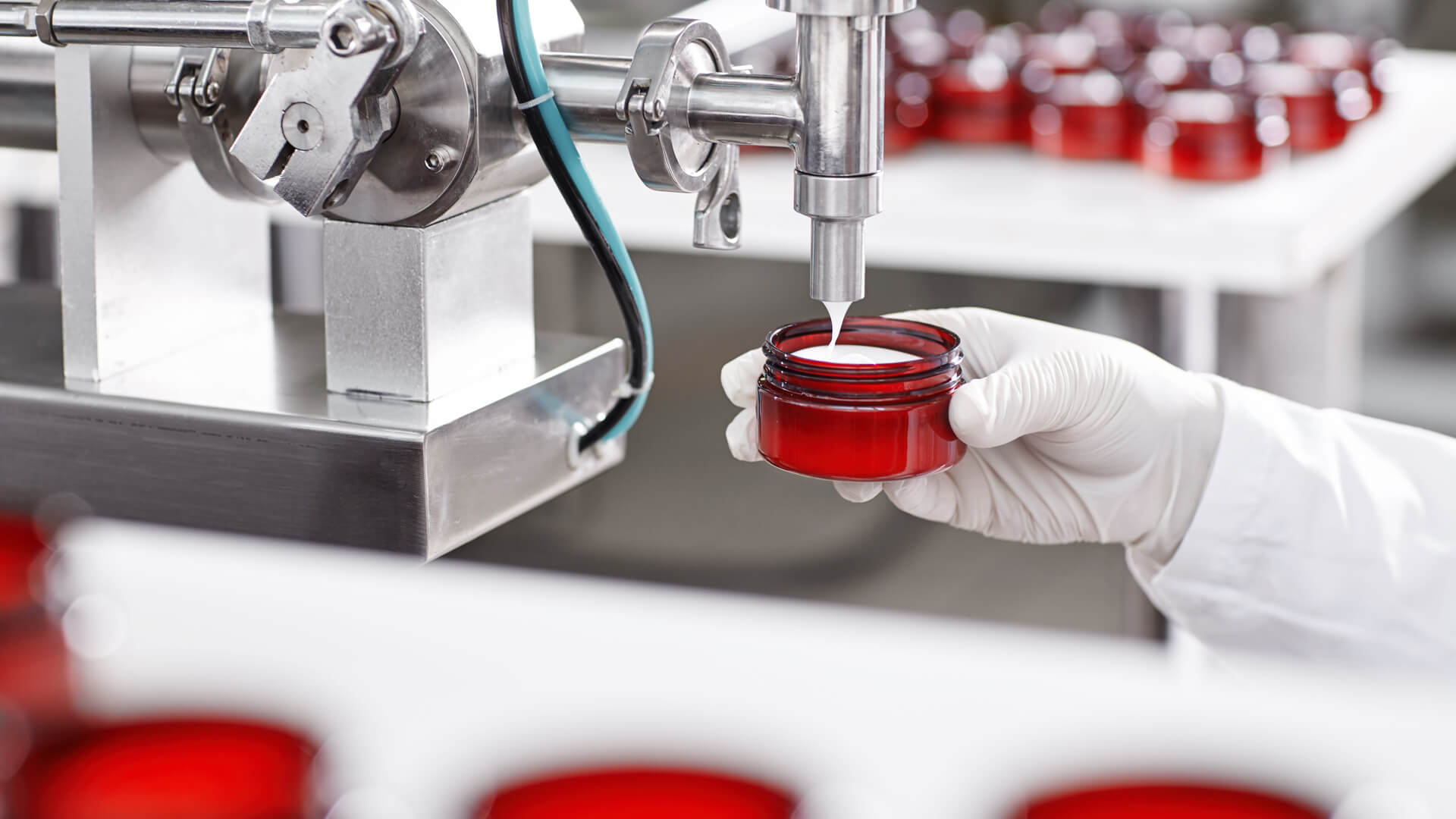Cosmetic Industry Production and Laboratory Use Water Requirements

Production and laboratory use water in cosmetics must comply with various quality criteria. These criteria are; It covers factors such as the cleanliness level, microbiological quality, chemical and physical properties of water. For example, the water used in the production of cosmetics should be of high microbiological quality and should be free of pathogens such as E. coli, Pseudomonas aeruginosa. In addition, the pH value and other chemical properties of Production and laboratory use water in cosmetics are also important and should be within certain ranges for the safety and quality of the products. Production and laboratory use water in cosmetics must meet a much higher quality standard. For example, if analytical measurements are to be made, the amount of solids and gases in the water should be very low.
According to the regulations of the cosmetics industry, the quality of the water that directly or indirectly enters the products to be produced in the cosmetic enterprises, the methods to measure the quality of the water to be used, and the limits of the measured parameters are detailed in the requirements for Production and laboratory use water in cosmetics. Consequently;
-Water types and qualities used in the industry
-Deionization (DI) Process
-Testing DI water quality,
-Determining sampling points for analyzes
- Determination of sampling and testing frequency
-Maintenances to be made on the Water System, and depending on the maintenance, long-term waiting and Re-Validation of the Water System:
-Laboratory use water
-Quality and measurement methods of water used for cleaning and rinsing equipment, containers and vessels
It is among the processes that should be applied by the production sites.
Conductivity measurement methods, measurement methods and conductivity limits, which are frequently encountered in cosmetics production facilities, should be applied, supported by regulations. In addition, sampling points should be determined from the points where DI (Deionization) Water is used in production and from the points where it is used in the laboratory. If there are boiler inlets and outlets, tap outlets, transfer pipe used by adapting to tap outlets, valves, hoses, heat exchangers, flow collectors, hard pipe connections and other components used during water use, it is important how to take samples from the last exit point of the transfer. The risks between the point of use and the place where the water exits the water system and the controls of these risks are important. Again, water quality and measurement parameters of water are detailed in Production and laboratory use water in cosmetics
How the Production and laboratory use water in cosmetics will be brought to the laboratory together with the sampling process, which physical, chemical and microbiology measurements will be made in the laboratory, how the reagents, solutions and other chemical materials will be prepared and made suitable for analysis according to the methods and methods used in these analyzes. described in the requirements. In addition to the usage limits, warning limits also gain importance in the analysis. The actions to be taken in case the measurement results approach these limits are explained.
In addition, Production and laboratory use water in cosmetics, in accordance with the IFS Pathway, are in the nature of a Guidance Document on Production and laboratory use water in cosmetics. It can be considered as a guide for requirements related to Water systems, especially in BRC and IFS audits. BRC and IFS can be used as a reference in on-site or online audits, in the preparation, control and reporting of documents related to Deionized water used in businesses, production and laboratories. Appropriate grade waters and their properties have been defined for the instruments used in precision measurements -especially chromatographic- in the laboratory.
The microbiological properties of DI water used in productions in the production departments of the enterprises and the limits to be followed are explained in detail. The microbiological quality of the water used for shampoos, lotions, creams and other water-containing products is of great importance.
Providing all data and information with reference to national and international regulations is important for the reliability and health of the information.
You can access the Requirements for Production and laboratory use water in cosmetics by clicking on the link below:
https://suswise.com/discover/documents/kozmetik-sanayi-uretim-ve-laboratuvar-suyu-gerekliliği-492349
Prepared by: Caner Küçüktepe, Quality Control Manager